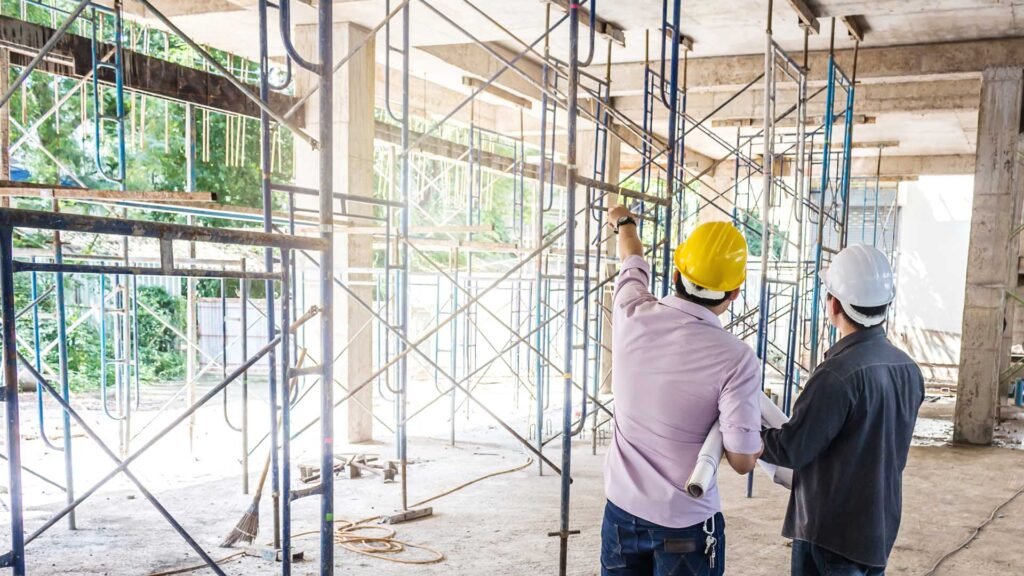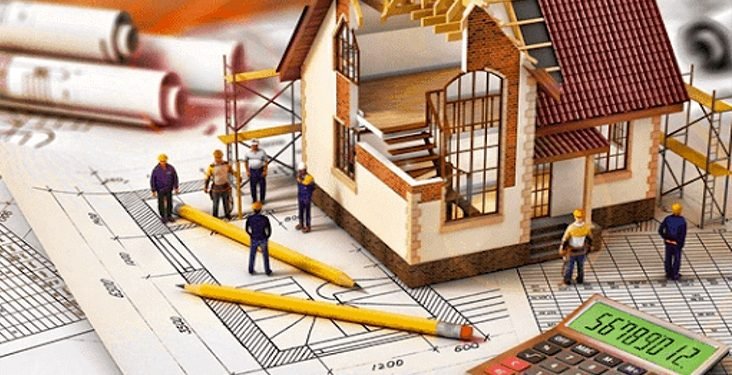E-state nirman nigam http://estatenirmannigam.in you can explore low-cost housing comprehensively, including various aspects such as design principles, construction techniques, materials, funding strategies, and social implications. Here is a broad outline for your essay: E-state nirman nigam http://estatenirmannigam.in
1. Introduction

Define low-cost housing and its importance.
Briefly discuss the global housing crisis and the need for affordable homes.
Introduce the topics you will cover in the essay.
2. Design Principles for Low-Cost Housing E-state nirman nigam http://estatenirmannigam.in
Space Optimization: Discuss how thoughtful design can make the most out of limited space.
Functionality and Versatility: Talk about designing multi-purpose rooms and furniture.
Adaptability: Explore how low-cost houses can be designed to accommodate future changes.
3. Construction Techniques for Low-Cost Housing

Modular Construction: Explain how prefabricated and modular construction methods can reduce costs and construction time.
Innovative Building Methods: Discuss alternative construction techniques such as 3D printing, rammed earth, or earthbag building.

Local Labor and Resources: Talk about leveraging local labor and resources to save on transportation costs and stimulate the local economy. E-state nirman nigam http://estatenirmannigam.in
4. Materials for Low-Cost Housing
Sustainable and Affordable Materials: Discuss the benefits of using recycled materials, bamboo, and other sustainable options.
Innovative Materials: Look into emerging materials like cross-laminated timber (CLT) or hempcrete.
Durability and Maintenance: Address how durable materials can save costs in the long run.
5. Energy Efficiency and Cost Reduction

Passive Design: Discuss strategies like natural ventilation, solar orientation, and shading to reduce energy use.
Efficient Insulation: Explain how proper insulation can minimize heating and cooling costs. E-state nirman nigam http://estatenirmannigam.in
Renewable Energy Sources: Talk about the benefits and feasibility of solar panels and other renewable sources in low-cost housing.
6. Funding Strategies and Policy Frameworks
Government Subsidies and Incentives: Explain how government programs can support low-cost housing.
Nonprofit and NGO Involvement: Discuss the role of nonprofits and NGOs in funding and building low-cost housing.

Microfinance and Community Funds: Explore alternative funding mechanisms to enable low-income individuals to own homes.
7. Case Studies and Examples
Successful Projects: Present real-world examples of low-cost housing projects from around the world.
Lessons Learned: Analyze the successes and challenges of these projects to extract key lessons for future initiatives.
8. Social and Cultural Implications
Community Building: Discuss how low-cost housing can foster community development and engagement.
Cultural Sensitivity: Explore how housing projects should respect E-state nirman nigam http://estatenirmannigam.in and incorporate local culture and traditions.
9. Challenges and Future Directions
Barriers to Implementation: Address the challenges faced in planning and executing low-cost housing projects.

Technological Advancements: Discuss how emerging technologies could impact low-cost housing in the future.
Policy Recommendations: Provide recommendations for governments and organizations to support low-cost housing. E-state nirman nigam http://estatenirmannigam.in
10. Conclusion

Summarize the key points discussed in the essay.
Reiterate the importance of low-cost housing and its potential to address the global housing crisis.
Offer some final thoughts on the future of low-cost housing.
In the essay, aim to provide detailed examples, case studies, and references to further illustrate your points and support your arguments. E-state nirman nigam http://estatenirmannigam.in This comprehensive approach will provide a thorough understanding of low-cost housing and its potential impact on house
Leave a Reply